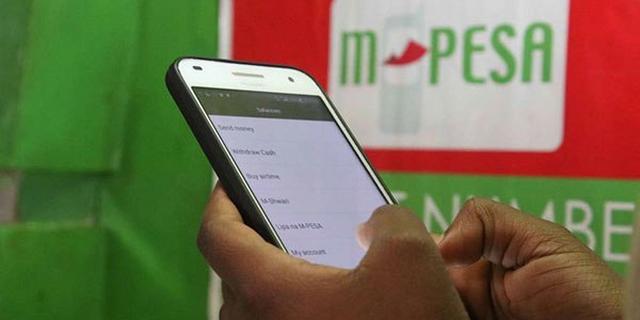advertisement
Mobile Money Taxation May Hinder Financial Inclusion in Africa

Mobile money services have transformed the lives of many people across the African continent, but taxation policies pose a significant challenge to the financial inclusion gains made by these innovations, a new policy paper by the Vodacom Group shows.
In the paper, Vodacom Group outlines that accessibility and affordability are two of the major drawcards of mobile money on the continent, giving people access to the most basic financial services. M-PESA, the first and most successful mobile money payment service on the continent with 52 million subscribers, is currently available in Kenya, Tanzania, Lesotho, the DRC, Ghana, and Mozambique with plans to make it available in Ethiopia.
“While many countries have embraced mobile money services, mobile money taxation can have unintended consequences for the people who stand to benefit significantly from these platforms”, says Stephen Chege, Group Chief Officer for Regulatory & External Affairs at Vodacom Group. “We need to remember that many of the people who use mobile money are highly sensitive to transaction costs, therefore even a marginal increase in the fees associated with using these services could make them unaffordable. Higher transaction taxes may even compel some users to return to cash-based transactions”, notes Chege.
advertisement
While taxation plays a critical role in helping governments across the continent meet their revenue targets and make up for the economic losses experienced during the pandemic, the policy paper outlines that this could potentially come at the expense of society’s most vulnerable if not appropriately implemented. Emphasising the importance of considering how taxation could also affect service providers, the paper also suggests that increased taxes could hamper mobile money providers’ ability to make the investments necessary to provide services to the underserved.
“While these taxes are targeting mobile transactions because of their high volume, it is important to remember that the value per transaction is typically quite low. This means that taxation on mobile money transactions is unlikely to significantly expand the tax base and could instead, result in the reduction of tax revenue in the future”, adds Chege.
Where the tax burden is too high, there is a chance that providers will limit their investments, reducing mobile money penetration, leading to lower customer usage on the continent and consequently, the socio-economic benefits derived from these platforms.
advertisement
Given these realities, the policy paper recommends that taxation strategies can be developed in line with long-standing tax principles based on equity. This it says is essential to ensure that taxation does not exacerbate social divides and that the financial inclusion gains made on the continent are not lost. Additionally, it proposes that tax policies can be structured in such a way that they are proportionate and broad-based in their application, rather than sector-specific. Lastly, it suggests that governments and regulators can engage more robustly with mobile money operators and telcos on the unintended consequences of mobile money taxation to find a middle ground that is favourable for customers.
“It is common knowledge that the pandemic, the war in Ukraine, and climate change have all hampered Africa’s progress towards meeting the Sustainable Development Goals (SDGs). Mobile money plays a critical role in meeting some of these goals by driving financial inclusion and reducing poverty among the unbanked by empowering them to access credit, loans, savings and other essential financial services. Without sound and carefully implemented policies around mobile money taxation, we risk reversing the many financial inclusion gains already made on the continent”, concludes Chege.